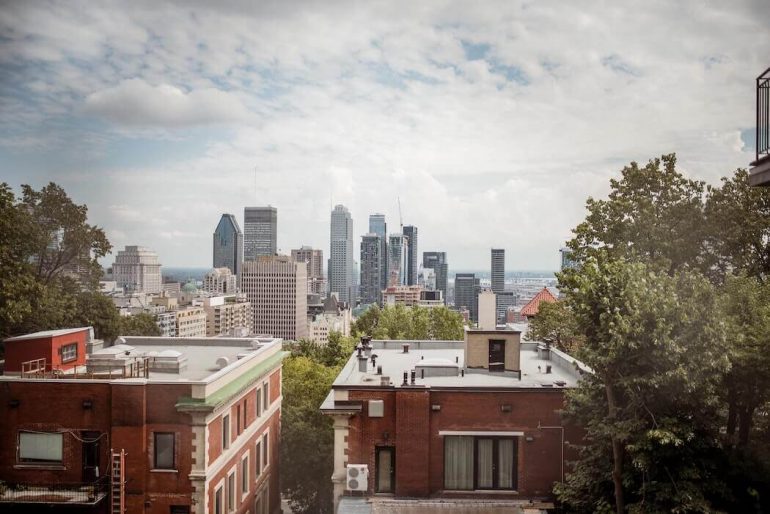Bonjour Startup Montréal has launched a new tool in the hope of housing Montréal’s startup ecosystem under one, digital roof: Startup Radar.
Bonjour Startup Montréal recently launched the new online platform, which it bills as “a cross between a dynamic directory, a content aggregator, and a social platform,” in prototype form. The tool aims to centralize information on Montréal companies, investors, support organizations and to promote the city’s business and tech activity.
“With Startup Radar, it will be easy to…analyze the ecosystem through dynamic reports based on the data that has been compiled.”
“With Startup Radar, it will be easy to view the types of funding received by startups and the programs they have followed and thus analyze the ecosystem through dynamic reports based on the data that has been compiled,” said Patrick Gagné, Bonjour Startup Montréal’s co-founder. “This new data platform will help position Montréal as a leading innovation ecosystem.”
Bonjour Startup Montréal is a nonprofit initiative that was founded in 2019 with the goal of putting Montréal’s startup ecosystem on the map. The nonprofit aims to accelerate the creation, growth, and public exposure of Montréal startups and position the city as one of the top 20 “dynamic ecosystems” in the world.
Startup Radar was developed in collaboration with Québec’s network of business accelerators and incubators, MAIN. It is financially supported by the City of Montréal and Québec’s Ministry of Economy and Innovation.
“The recovery and growth of the Québec economy will depend on our companies’ ability to reinvent themselves, overhaul and market their products,” said Pierre Fitzgibbon, Québec’s minister of economy and innovation. “With its new platform, Startup Radar, Bonjour Startup Montréal will provide enhanced services.”
RELATED: Bonjour Startup Montréal, Desjardins, Google launch Québec-focused post-COVID competition
“Thanks to the skills and determination of these young entrepreneurs that are active in several industries, Québec will be able to take full advantage of new business opportunities generated by the upcoming economic changes over the next few years,” he added.
The platform provides up-to-date information on startups operating in Montréal, and connects startups to investors, support organizations and coaching resources based on their industry and stage of growth.
Startup Radar’s prototype will gather feedback to improve the platform to better serve the Montréal startup ecosystem’s needs, the organization stated.
“This new tool is coming at a right time as Montréal startups are expected to play a key role in the upcoming recovery,” said Montréal Mayor Valérie Plante. “The Startup Radar platform perfectly fits with the vision of Montréal to create a supportive ecosystem that is ready to propel innovative players, and that promotes collaboration between established organizations and startups.”
According to a 2019 report by Bonjour Startup Montréal, which surveyed 400 startups and 30 community organizations, Montréal ranked 33 overall amongst global startup ecosystems. The report found the city has more than 1,300 startups and 2,800 founders. The majority of those companies (38 percent) are in the startup phase. A small fraction (six percent) are considered established.
RELATED: New data on Montréal startup ecosystem shows need for investments in scaling, capital
The report also stated that over the past year, venture capital was only available to 12 percent of Montréal startups. The majority of startups surveyed (70 percent) called financing their main obstacle. The report cited a need for more scale-up support, which Bonjour Startup Montréal hopes to provide, and increased capital investment, which the organization hopes to facilitate by serving as a central hub for the city’s startup ecosystem.
Founders, investors, members of accelerators and incubators, and coaches will be able to edit their Startup Radar profiles. The tool will also provide advanced research and messaging functions.
Bonjour Startup Montréal intends to add new features to enhance user experience and “data malleability” in future versions later this year.
Image by Tobias Hage via Unsplash


